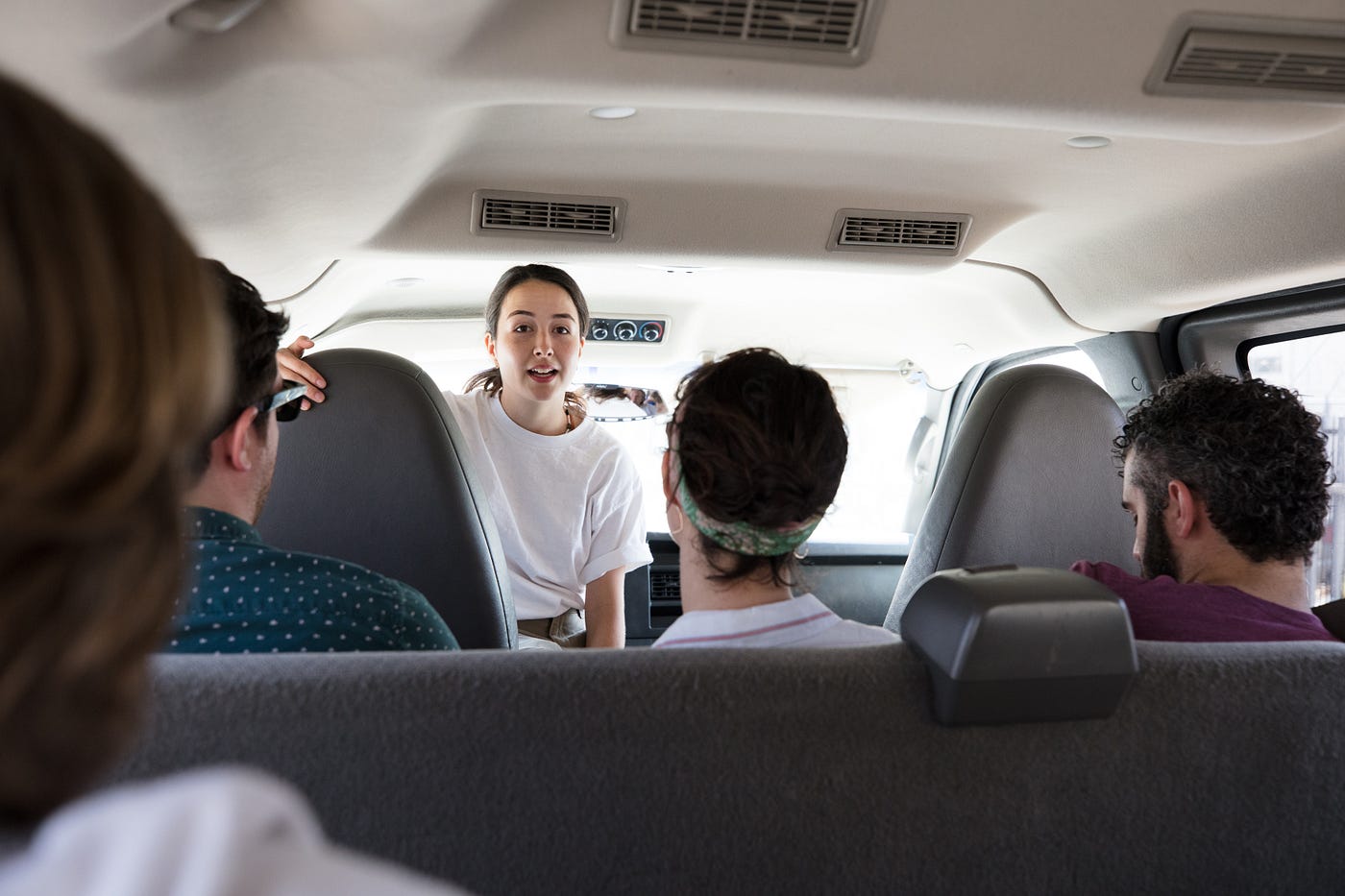
Capital W and DryCræft Los Angeles unfold an indie coming of age drama in real time
(Disclosure: the producer of this work, Monica Miklas, is, like the reviewer, a co-founder of the League of Experiential & Immersive Artists. Neither she, nor anyone at Capital W, has seen this review before publication.)
At first there’s just a girl, standing on a box in a dimly lit vestibule.
The words she speaks are something like a prayer. Or maybe more like a confession. We are her confessor.
What’s inside her she can’t deny much longer. But she has a role to play in life, a place she needs to be. The conflict between what’s inside her and what the world wants of her builds. It builds like the sound of people… is that singing? Yes, that is singing. Singing of joy and love. God’s love. A love that brings with it all kinds of complex consequences.
Within moments, we step through a door into that world: to the source of the singing and into the life of Philippa.
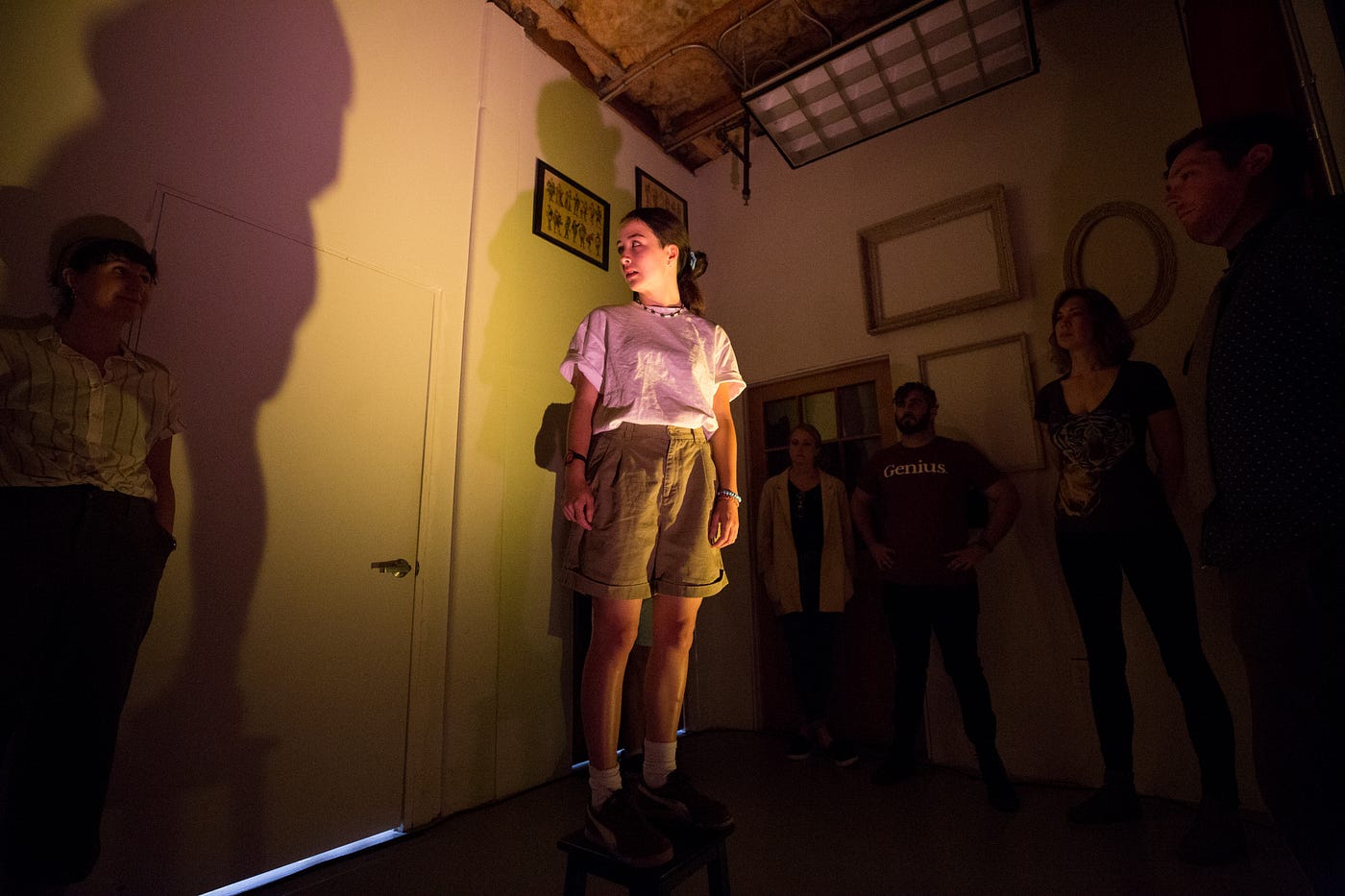
Occasionally, the ever developing immersive scene feels like an arms race. A never-ending contest to see who can discover the most engrossing interpersonal dynamics to enthrall each audience member in their personal narrative. Or a stab at a “narrative” anyway, as tricks of the light and sleight of mind lead to the audience into doing the heavy lifting of making meaning. Too often, these end up as cracked mirrors held up to human nature, rewarding those who put the most work into dreaming up the world alongside the theatre makers.
Left largely unexplored is what happens when some of the tools in the immersive belt are put to work anchoring the audience to a singular protagonist. This is, after all, how most films work, and the structure of films feels tired and rundown in this day and age. There’s so many other story forms to explore, and the benefits of an ensemble cast can be put to extremely good use in the immersive form.
Yet the question remains, scratching away at the mental door like a cat that can’t decide whether it is coming or going. What would it be like if we could climb into, say, a coming-of-age story? Where the audience wasn’t made to play out the role of a young queer woman torn between her religious upbringing and her awakening sexuality, but was instead given access to her as if we were the ragged journal she kept from all but her dearest friends?
That, reader, is Rochester, 1996 in a nutshell.
Writer-director Lauren Ludwig’s new piece, which just wrapped up a workshop run as part of the Hollywood Fringe Festival, is an indie film that unfolds in real time. A small audience is brought into the world of Philippa (Nerea Duhart), the daughter of a pastor at a struggling church in Rochester, New York in the mid-90s. Grounded in the memory play tradition, the work pulls off the deft trick of bonding the audience quickly to Philippa’s point of view through theatricality before whip-sawing us into a fully naturalistic church service.
It’s the kind of move that could be jarring in less sure hands, but over the past few years Ludwig has been honing her craft under the Capital W banner, and the experience is paying off.
The rules of the play change from act to act, but they are always rooted in Philippa’s perspective: even when we are finally given permission to choose our own paths, each option is tied to her own awakening agency.
Get Noah J Nelson’s stories in your inbox
Join Medium for free to get updates from this writer.
SubscribeSubscribe
By tying our perspective to the lead character, Ludwig puts us on familiar narrative ground, even if the sensation is quite different. We trace Philippa’s steps from church to church van where we spend a long Sunday drive with her father, Pastor Dan(Thaddeus Shafer, whose life as a pastor’s kid in Rochester inspired the setting, if not the plot of the play). Snippets of conversation between them paint the picture of their lives, and the long pauses that take place are filled with a familial silence when they’re not underscored by the music from Philippa’s era-appropriate cassette deck.
Of course, it wouldn’t be much of a play if there wasn’t some form of drama, and a page on her father’s beeper — yup, it’s the ’90s — sets in motion events which hit on every part of Philippa’s internal struggle.
Ludwig’s skill as a writer really shines in this piece, with natural dialogue which manages to have double entendres embedded into the structure of the piece itself. Apologies if that sounds like a vague assessment, but there are moments — simple as they are — in this piece which are so downright perfect, it is difficult to discuss them without giving away the effect.
Yet, discuss it we have. Repeatedly. During the weeks of the Hollywood Fringe Festival, those of us who were lucky enough and awake enough at an ungodly time on the weekend (At 10am! We’re theatre people for Dionysus sake!) have kept coming back to singing Rochester’s praises.
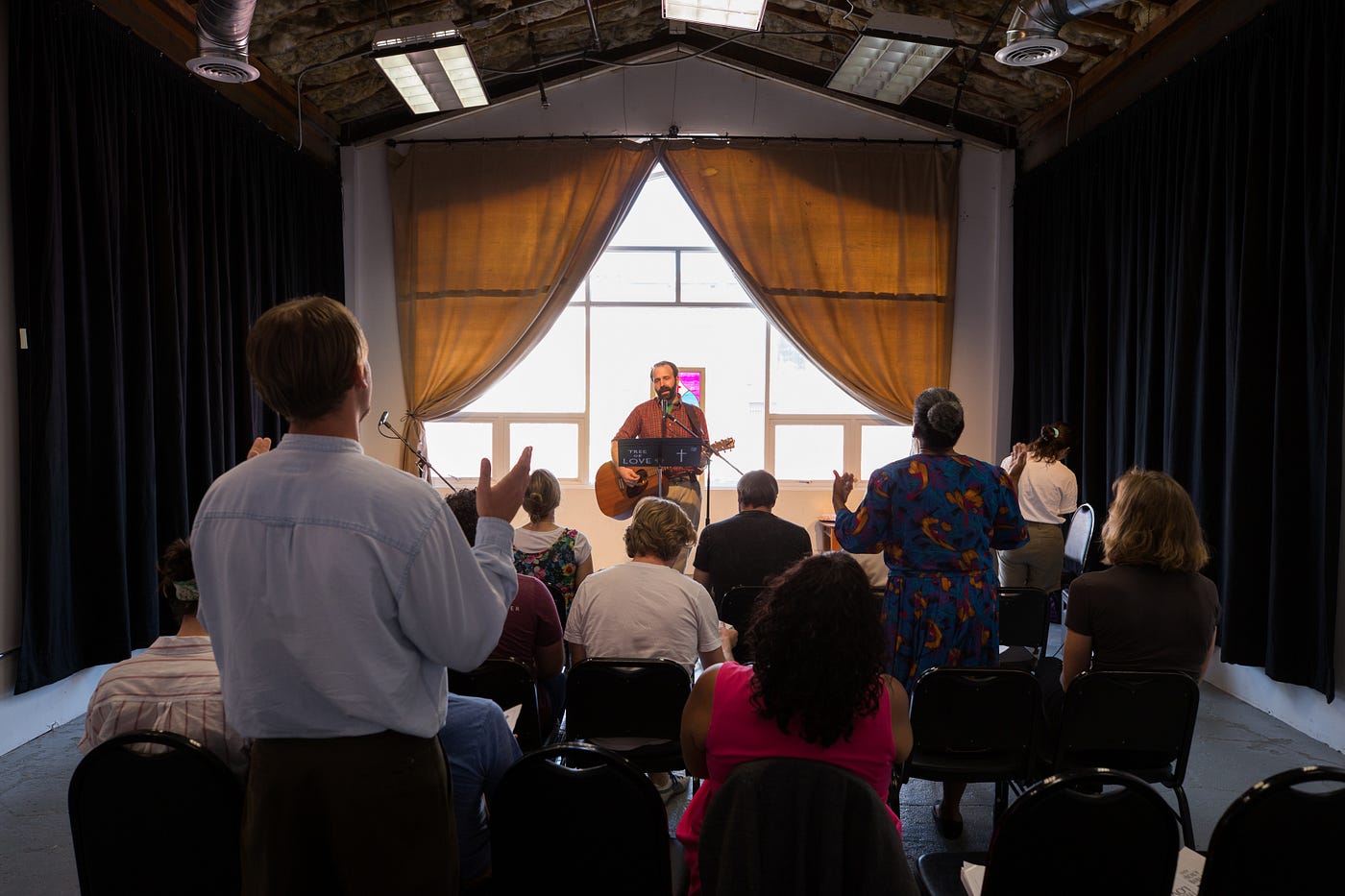
First there’s the cast, which includes Kelsey Olson and Dasha Kittredge in pivotal roles, who manage to create a living, breathing world for Philippa’s story. Shafer and Duhart’s father/daughter dynamic feels lived in, as if the two had been playing these roles for years. The whole ensemble is so talented as to make it seem effortless. In a time when many young companies are cranking things up to 11, Capital W’s ensemble knows the power of subtlety.
Then, there’s the structure of the play, which breaks up the action into clear acts. As NoPro contributor Lauren Bello pointed out in one of those weeks-later conversations, each of the acts is a meditation on how desire plays out. Structure is the subtle body, the soul, of playwriting and Ludwig is giving a masterclass with this piece.
Both content and style are deployed with wisdom in Rochester, 1996. Capital W have never shied away from the aggressively theatrical, yet they’ve always tempered it with a conversational rhythm. That dynamic is also found here, refined to a point where even when the theatrical artifice is right in front of your face, but it seems to blur at the edges and blend into the reality of the moment.
That’s not something you can choose to do: it only comes with experience.
Perhaps the most impressive thing of all is that this was billed as a “workshop production.” Ludwig and her producing partner Monica Miklas see what they have accomplished so far as “unfinished.” While it’s certainly possible to fine tune, or even add beats here or there to the work, the achievement feels like an evolutionary step forward on the paths that the pair have been traveling for years. The only true problem would have been if the piece was limited to the run at the Hollywood Fringe.
Luckily for all of us, Rochester, 1996 is far from finished.
Rochester, 1996 will return in September 2018, with tickets going on sale this week. Sign up for the Capital W mailing list to find out more.
NoPro is a labor of love made possible by:

…and our generous Patreon backers: join them today!
In addition to the No Proscenium web site, our podcast, and our newsletters, you can find NoPro on Twitter, Facebook, YouTube, Instagram, in our Facebook community Everything Immersive, and on our Slack forum.



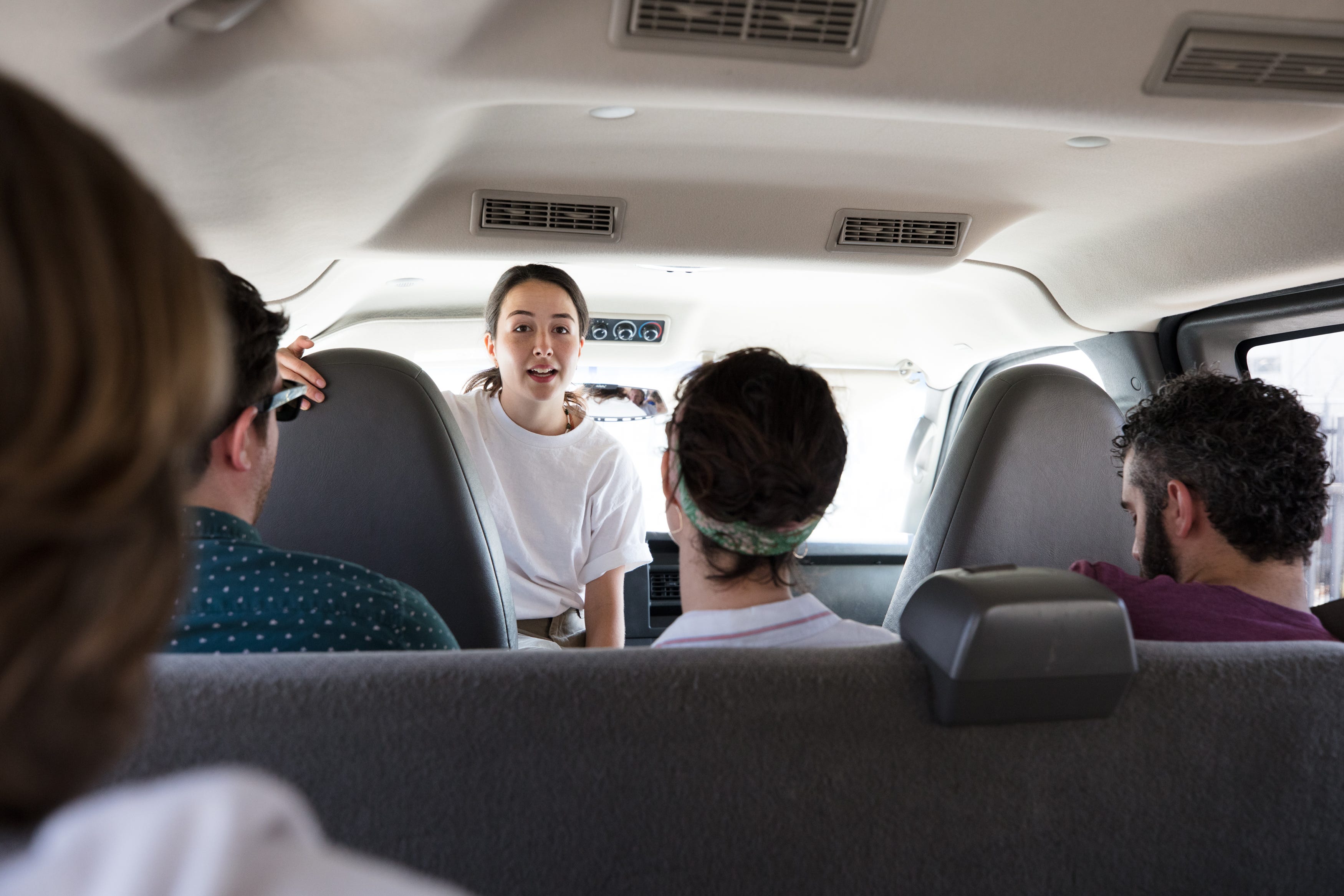
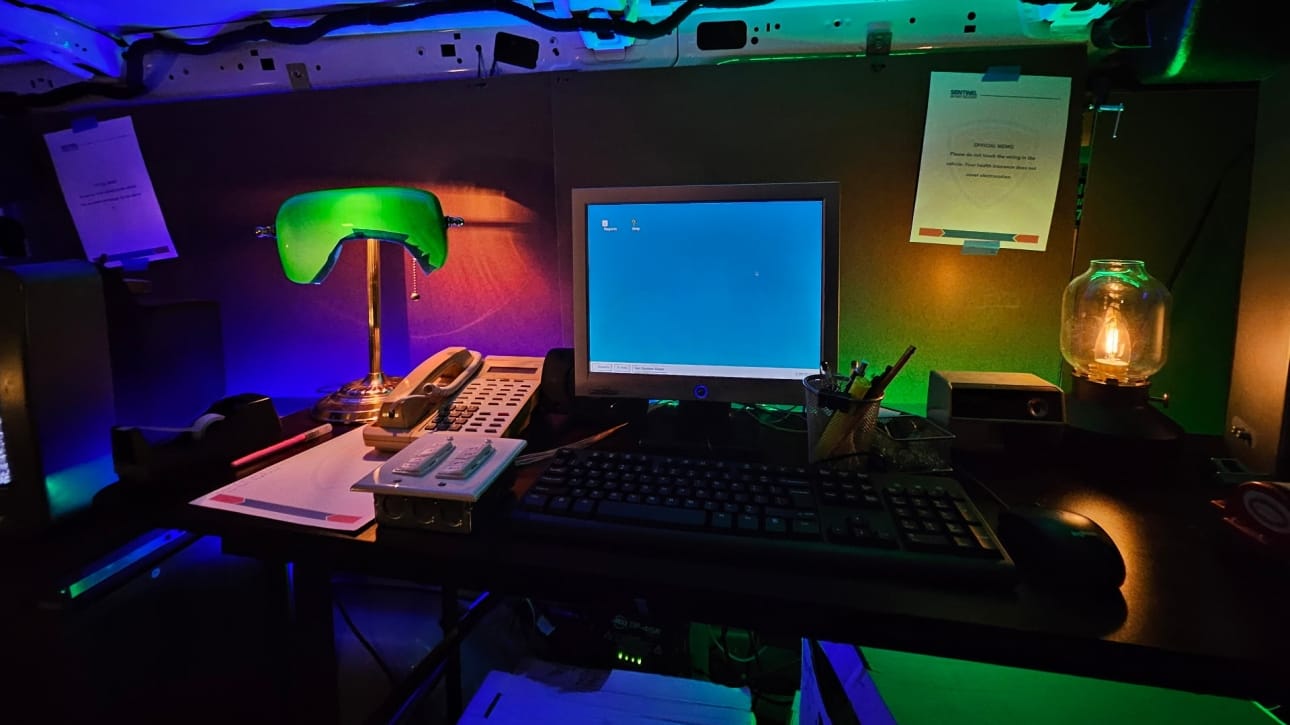
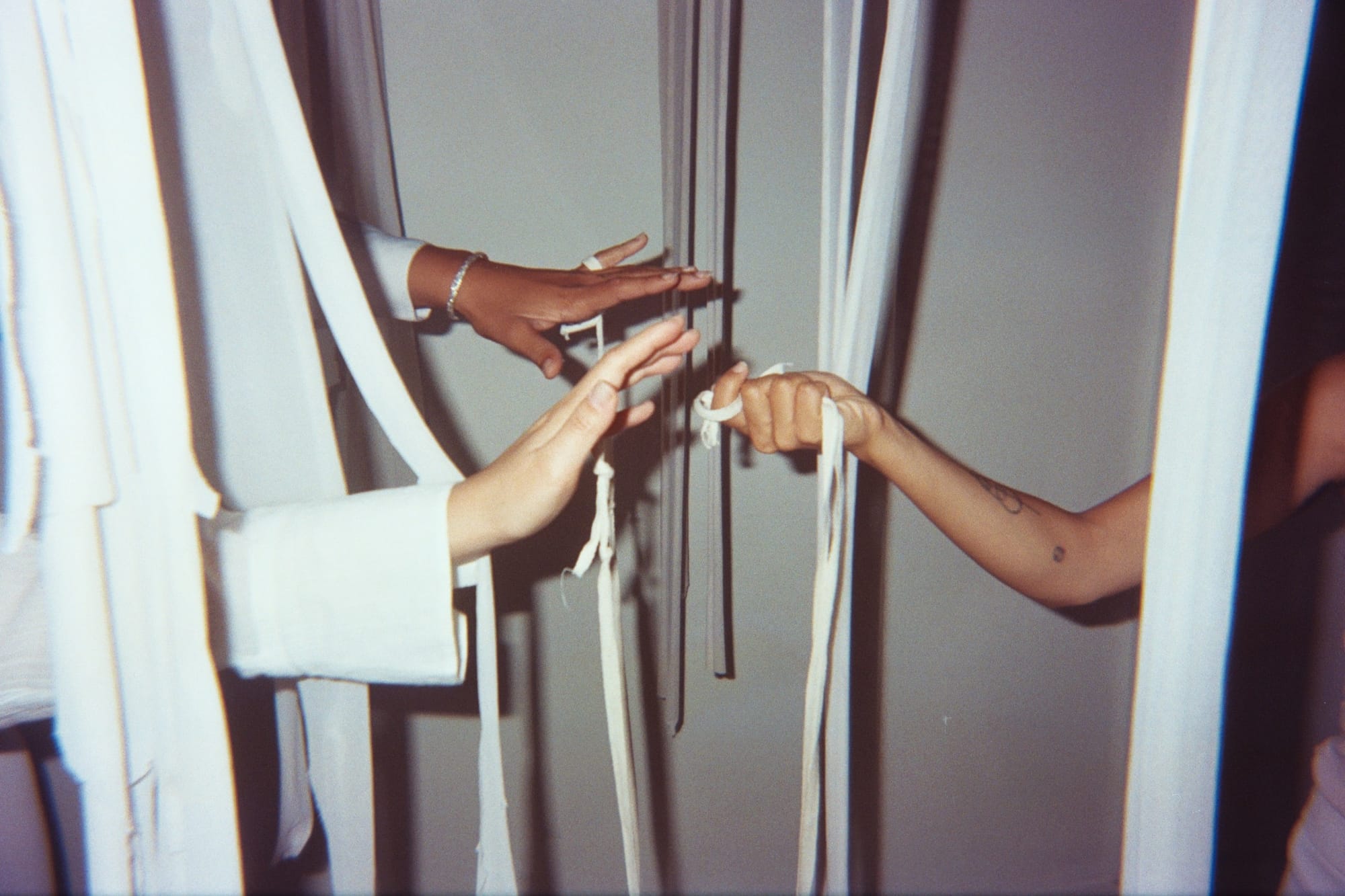


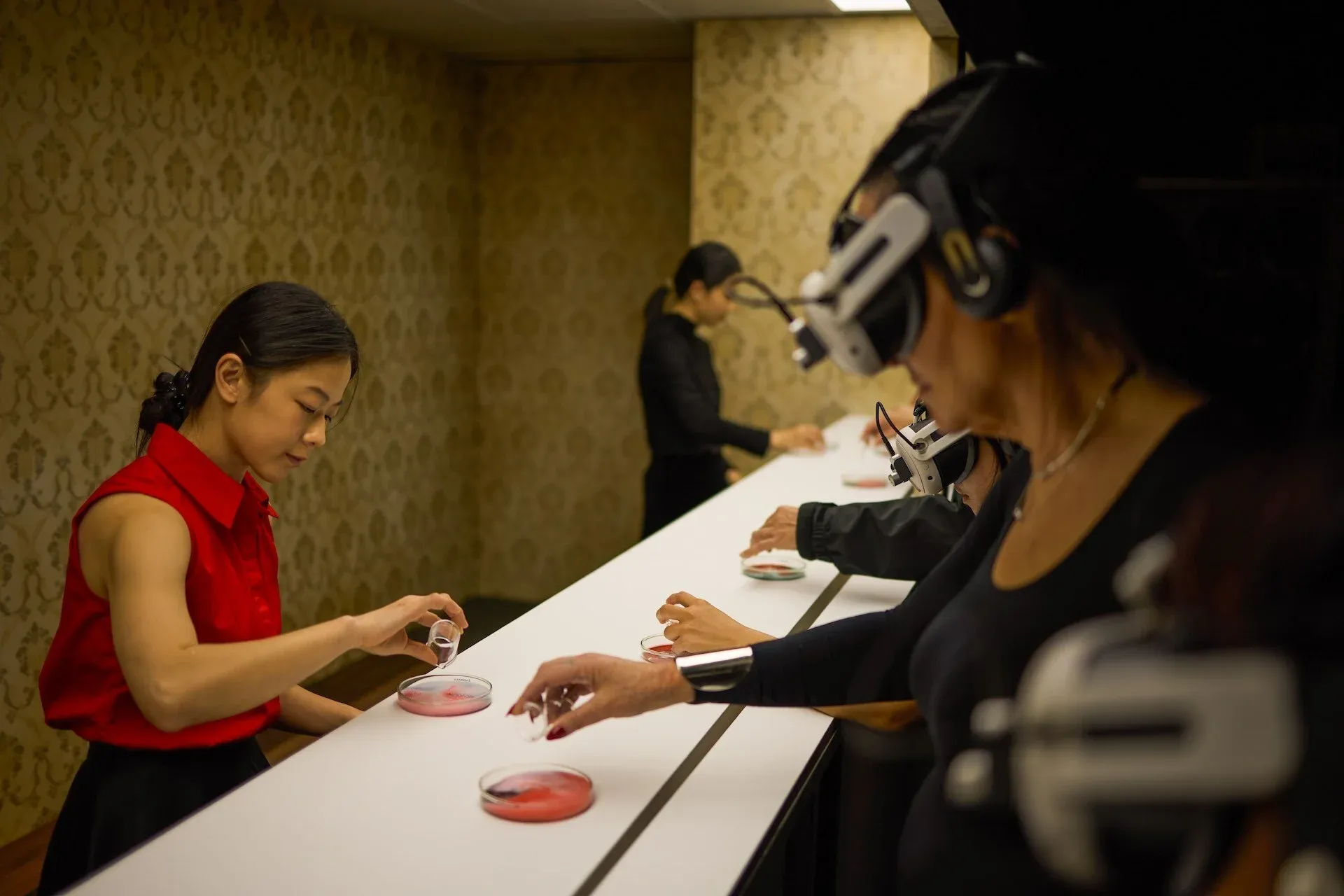


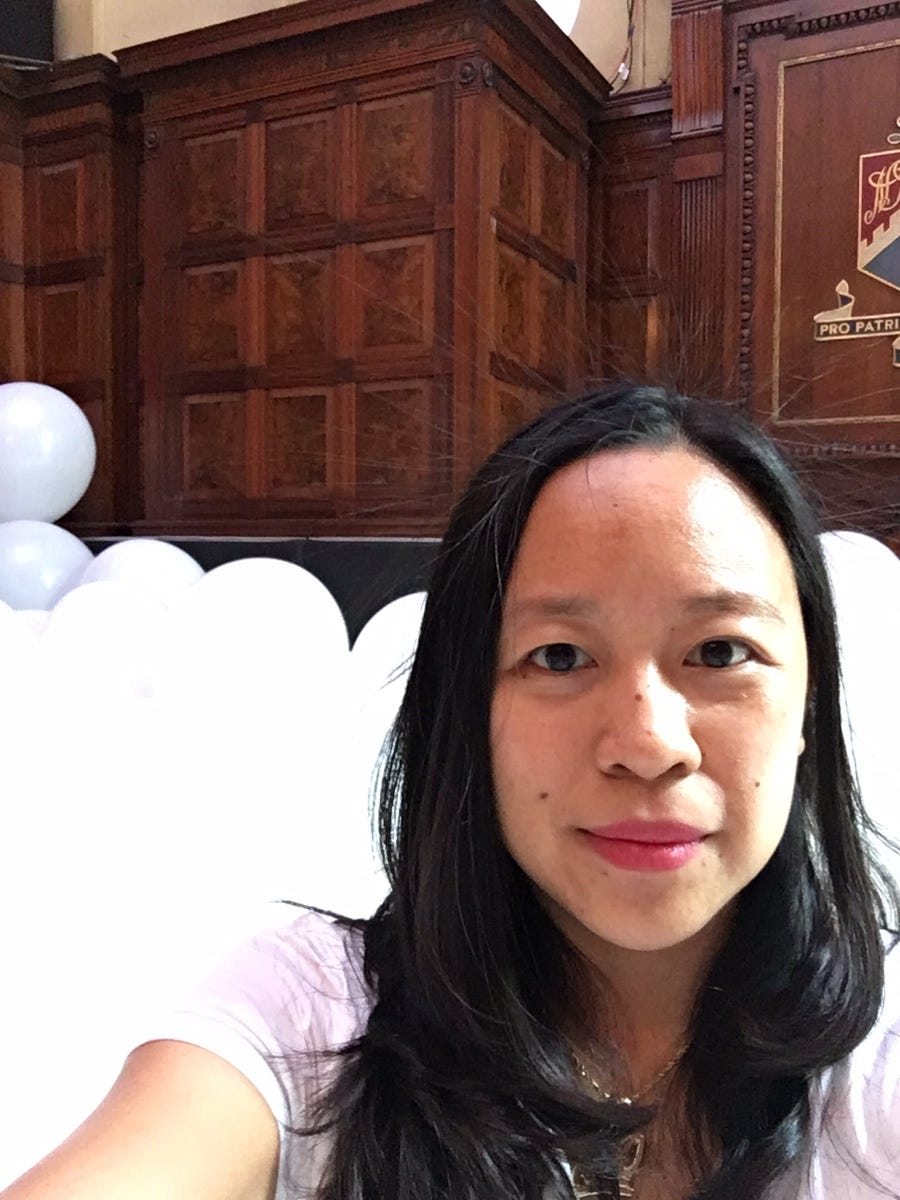
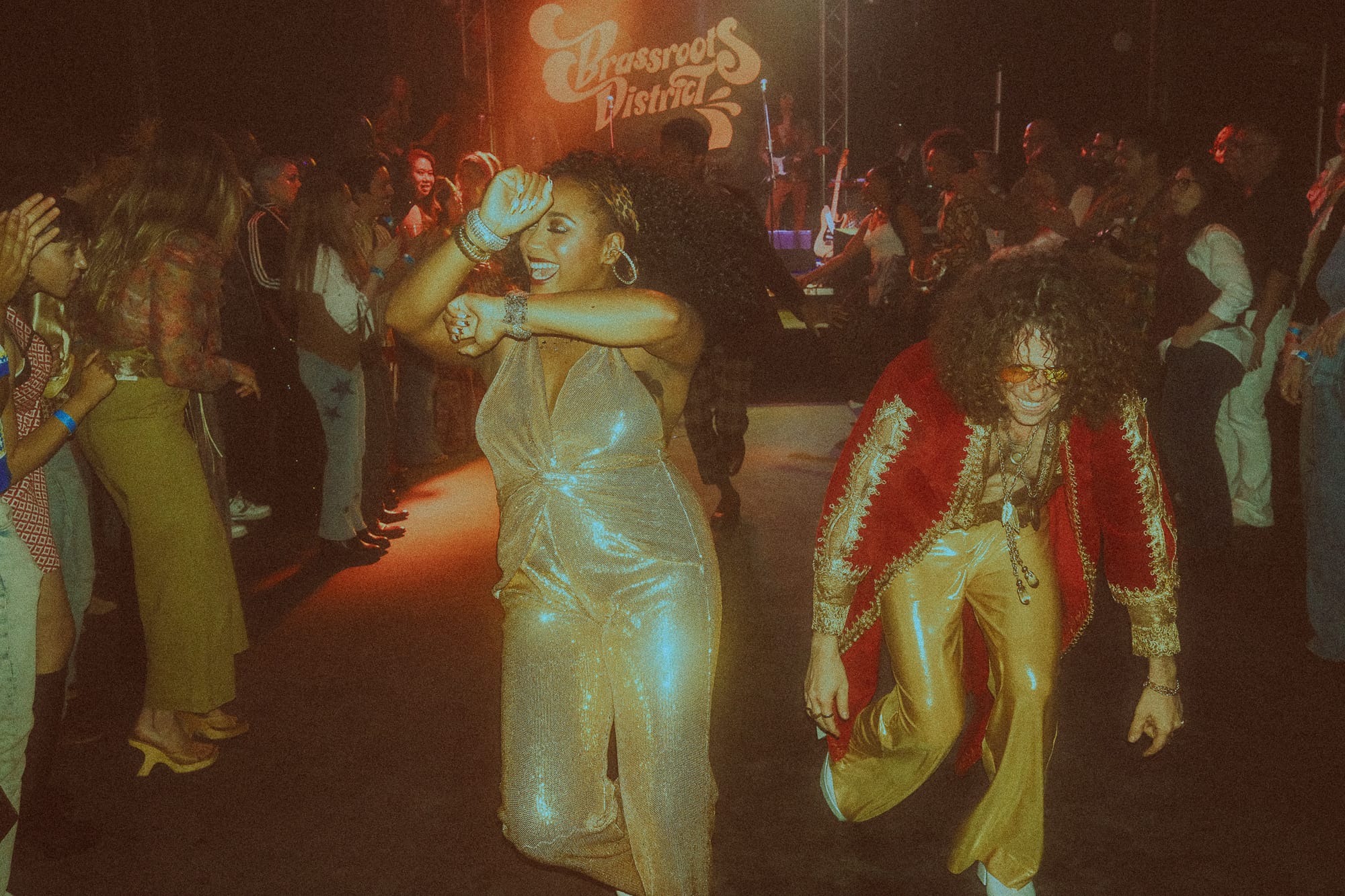


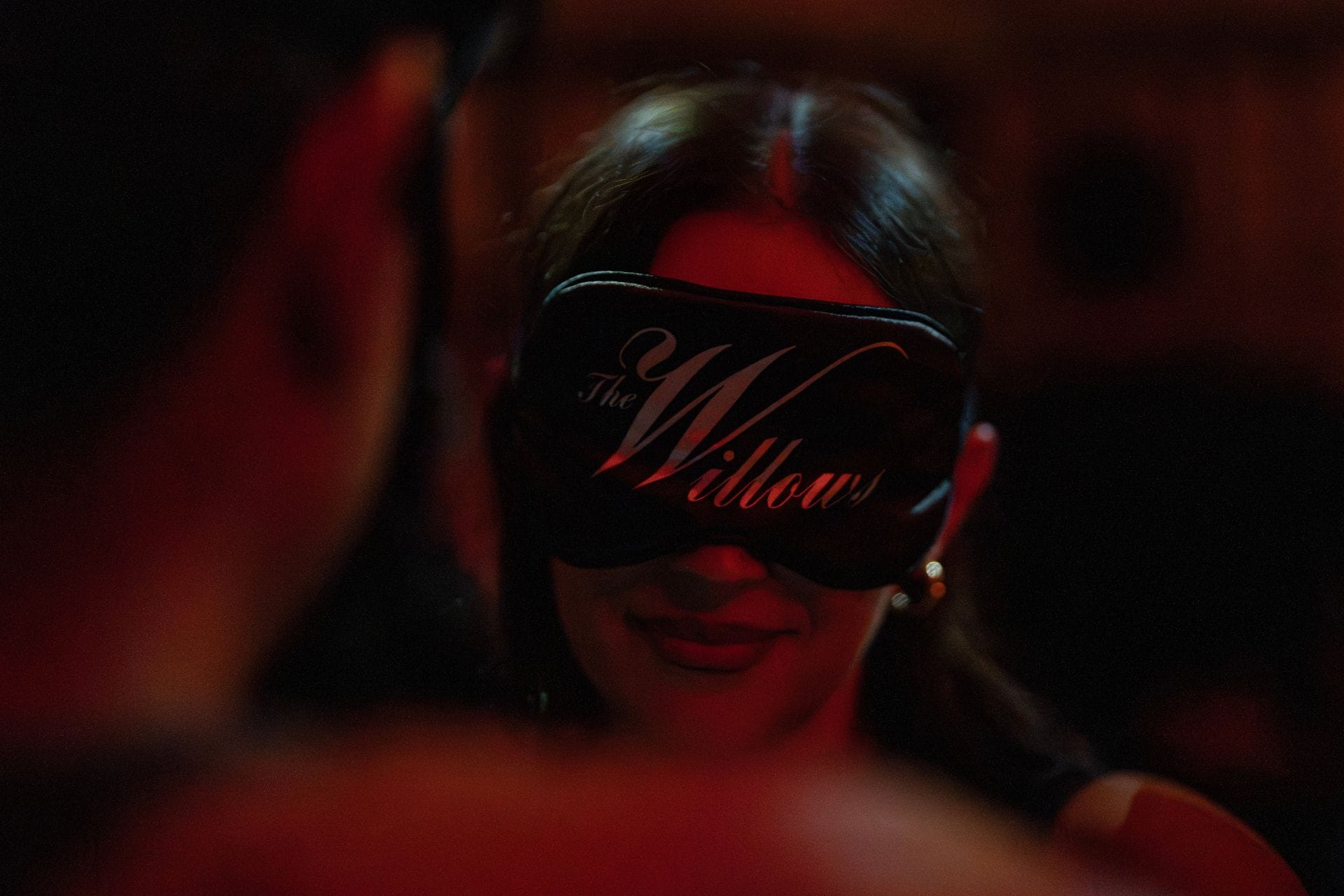
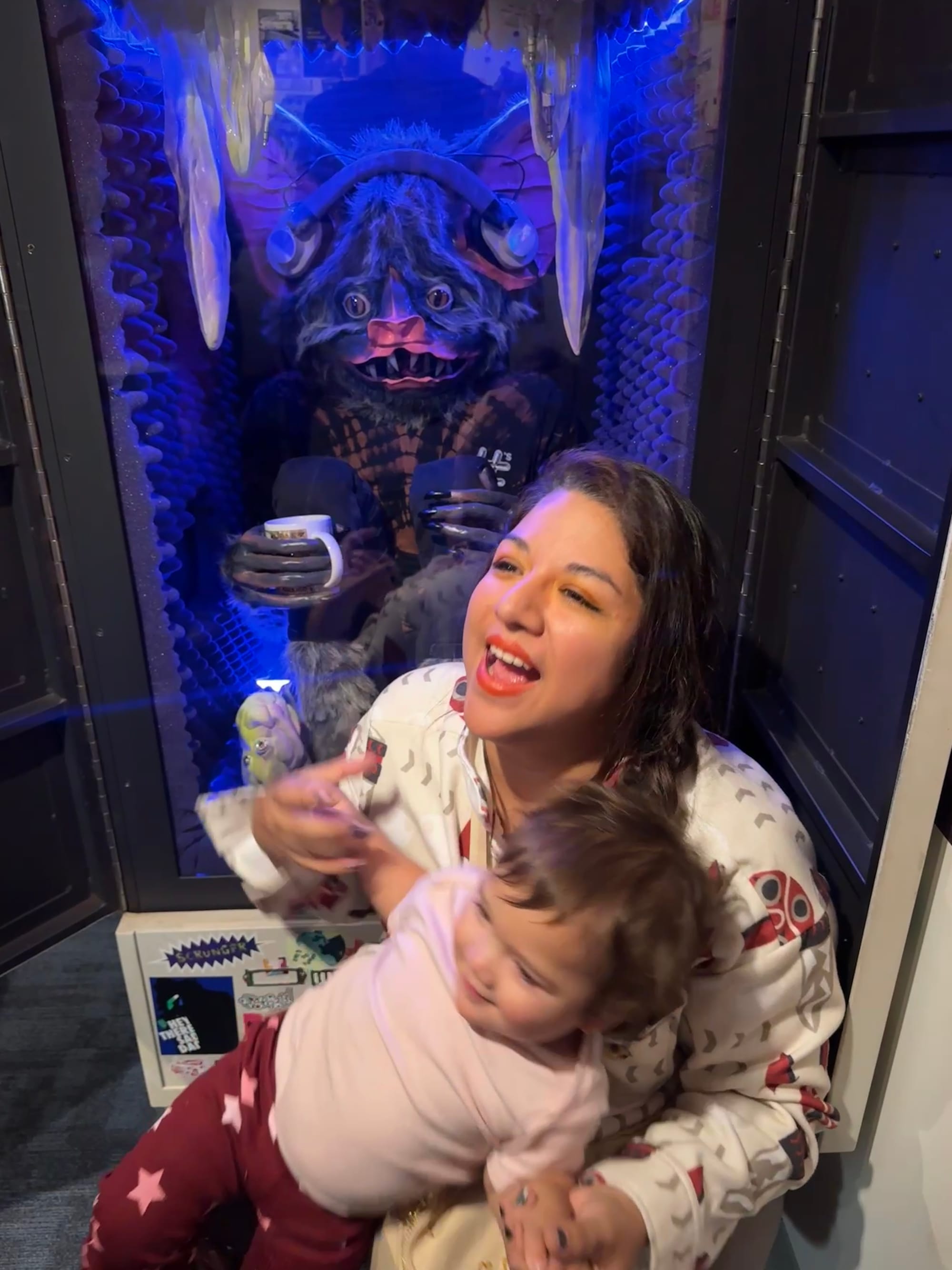

Discussion